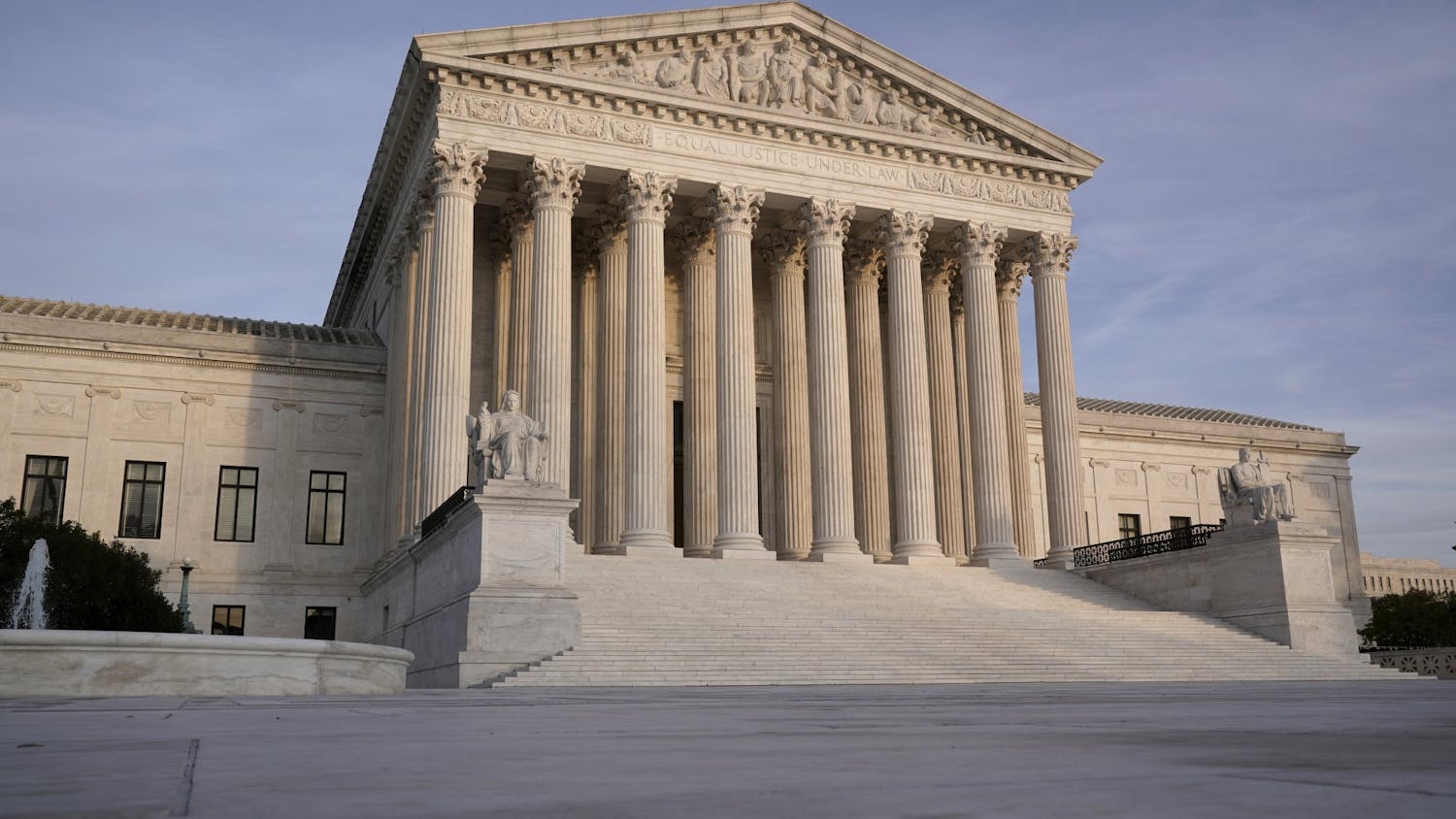College admissions have been rocked by scandal recently. Federal authorities have busted a scheme in which wealthy parents paid a man named William “Rick” Singer to get their children into college. He bribed college coaches to recruit children as star athletes (even if they had never played the sport in question) and bribed SAT or other college entrance exam proctors to give the children an advantage (such as the proctor correcting his or her answers or allowing someone else to take the test in the child’s place). Numerous figures from all sorts of professional fields were involved, including law, real estate developers, executives, etc. Including the ones that grabbed the most attention were actresses Lori Loughlin of “Full House” and Felicity Huffman of “Desperate Housewives.” What Loughlin, Huffman and others did is clearly illegal, and they should face justice for their actions. However, outright bribery and fraud aren’t the only things wrong with college admissions, and many of those problems are perfectly legal.
One thing that stood out to me was a recorded conversation Singer had with some of the parents involved. He laid out his business model, calling regular admissions the “front door” to elite colleges, his business the “side door” and “institutional advancement” (factors such as donations to the school and legacy admissions) as the “back door.” Singer’s comments, though dreadfully cynical, do show that pure merit isn’t the only way to get into elite colleges. Another way is to donate large sums of money to the school, giving children of donors a much better chance at admission.
As reported by Forbes, ultra-wealthy people have been reported as using the side door method, which allows people to legally get their children into elite colleges. This includes people such as Charles Kushner, real estate developer and father of White House Senior Adviser Jared Kushner, and Les Wexner, whose companies includes famous brands like Victoria’s Secret and Bath & Body Works. This is especially the case for legacy admissions, which is when the children or other relatives of alumni are given preference in admissions. As The Atlantic explained, legacy admissions tend to favor wealthier parents, and these parents often give generously to their alma mater (even if their donations are not quite as generous as their billionaire counterparts). Between legacy admissions and donations, genuinely skilled and worthy children have a tougher time being admitted to college as their spots are taken by children who maybe aren’t as deserving.
The problems I mentioned are mostly linked to elite colleges in the U.S., like Harvard, Stanford and Yale. At Harvard, for example, 13 to 19 percent of undergrads are legacy admissions, which has its pros and cons. On one hand, students who apply to high-quality state schools like UF will have an easier time, as school donations and other tricks by the wealthy aren’t as prevalent. On the other hand, elite schools still churn out many of the nation’s most powerful people in politics, business and other influential fields. Eight U.S. presidents have degrees from Harvard, and a 2018 ranking found that three Harvard graduates are the most Fortune 100 CEOs of any school. If our business and political leaders are coming from elite schools, and these elite schools favor families who are already wealthy, then we have a system where it’s much easier for the rich and powerful to sustain their power through multiple generations, while those who have to work their way to the top will have a tougher time.
There are two problems we need to address. First is the admissions themselves, which we can remedy by reducing legacy admissions and giving public universities more state money so they aren’t as dependent on donations. But a cultural shift may also be required, de-emphasizing these Ivy League-level colleges. Public and state universities also provide a valuable education, and perhaps more examples of public university graduates in high places would help. If you’re a future CEO or future politician disappointed you’re going to UF instead of Harvard or Yale, don’t be discouraged. You could be the start of a new movement in educating America’s powerful people.
Jason Zappulla is a UF history junior. His column appears on Mondays.
FILE - In this Feb. 28, 2019 file photo, actress Lori Loughlin, center, poses with daughters Olivia Jade Giannulli, left, and Isabella Rose Giannulli at the 2019 "An Unforgettable Evening" in Beverly Hills, Calif. Loughlin and her husband Mossimo Giannulli were charged along with nearly 50 other people Tuesday in a scheme in which wealthy parents bribed college coaches and other insiders to get their children into some of the most elite schools in the country, federal prosecutors said. (Photo by Chris Pizzello/Invision/AP, File)





